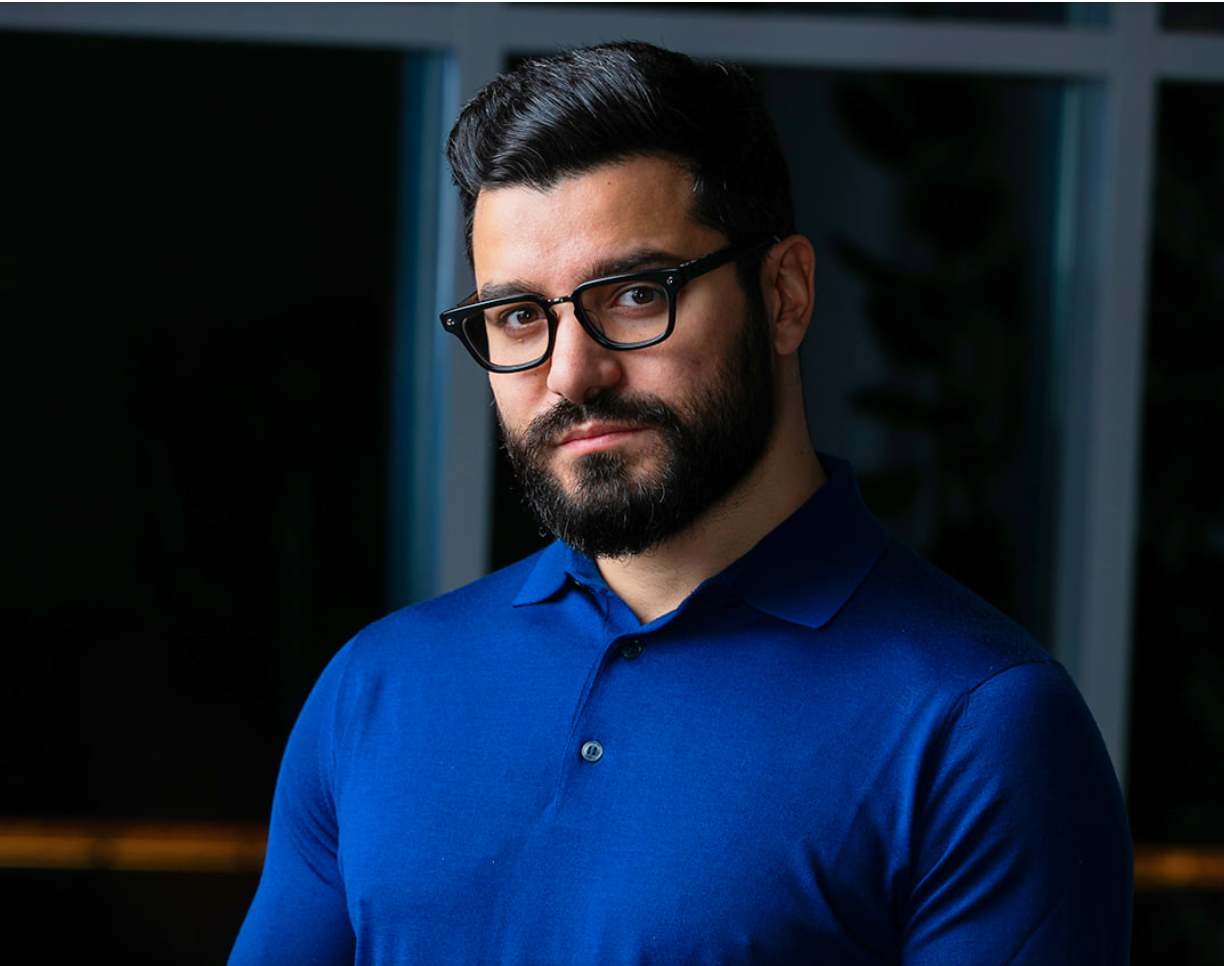The Therapeutic Benefits of Travel and Vacations on Mental Health
.jpg)
In today’s fast-paced world, mental health has become a crucial aspect of overall well-being. Stress, anxiety, and burnout are common issues faced by many individuals. While various therapeutic interventions are available, one often overlooked method is travel.
Although travel and vacations have long been regarded as a luxury, research suggests that they are essential for our mental well-being. Taking a break from our daily routines and immersing ourselves in new environments can have a profound impact on our mental health, with vacations providing opportunities for relaxation, personal growth, and emotional rejuvenation.
Reducing Stress and Anxiety:
Travel can act as a powerful stress reliever. Stepping away from daily routines and environments allows individuals to escape the pressures of work and personal responsibilities. Research indicates that even short vacations or staycations can significantly reduce stress hormone levels, like cortisol, leading to a more relaxed and refreshed state of mind, and a decrease in anxiety and stress.
Improving Mood and Happiness:
Traveling has been linked to increased happiness, satisfaction, and improved mood. The anticipation of a trip can boost mood, while the experiences gained during travel contribute to a sense of accomplishment and fulfilment. Moreover, creating lasting memories and bonding with travel companions can foster emotional well-being. The excitement of exploring new places, immersing ourselves in different cultures, and creating lasting memories can also boost our mood and overall sense of well-being.
Enhancing Creativity and Problem-Solving Skills:
Traveling exposes us to new experiences, people, and environments, which can stimulate our cognitive flexibility and enhance creativity and problem-solving skills. The novel stimuli encountered during travel can lead to new ways of thinking and problem-solving, which are beneficial for mental health and overall cognitive function.
Additionally, this can lead to increased productivity and a fresh perspective on life.
Strengthening Relationships:
Sharing travel experiences with loved ones can strengthen relationships, creating shared memories and deepening emotional bonds. Travel can also encourage social interactions and the building of new relationships by connecting with novel individuals across various backgrounds. Meeting new people and engaging with different cultures enhances social skills and provides a sense of belonging. Social support is a critical factor in mental health, and the connections made during travel can offer long-lasting benefits.
Personal Growth and Self-Discovery:
Traveling can be a transformative experience, allowing us to step out of our comfort zones and challenge ourselves, while fostering personal growth and self-discovery. Overcoming challenges, navigating unfamiliar territories, and adapting to new situations can boost self-esteem and confidence. These experiences contribute to a stronger sense of identity and purpose, and can lead to increased self-awareness, personal growth, and a greater sense of purpose.
Practical Tips for Maximising the Mental Health Benefits of Travel
· Mindful Planning: Choose destinations and activities that align with personal interests and relaxation goals. Avoid over-scheduling and allow for downtime to fully enjoy the experience. Additionally, select destinations that are in line with your finances and budget.
· Digital Detox: Minimise the use of digital devices to enhance the sense of escape and reduce distractions. Engaging fully with the surroundings can improve the overall travel experience and mental health benefits.
· Stay Present: Practice mindfulness by staying present and fully immersing in the moment. Mindfulness during travel can enhance the enjoyment and therapeutic effects of the experience.
· Embrace Spontaneity: While planning is essential, leaving room for spontaneous activities can lead to unexpected joys and discoveries, further enhancing the travel experience.
Travel and vacations are more than just leisure activities - they are vital tools for maintaining and improving mental health. The benefits of travel extend beyond temporary relief, offering long-term positive effects on emotional well-being, creativity, and personal growth. By understanding and embracing the therapeutic potential of travel, individuals can unlock new pathways to mental health and overall life satisfaction.
As a dedicated psychologist, Hiba Salem specialises in providing comprehensive mental health services to individuals, couples, and families. Her mission is to support individuals in their journey toward improved mental well-being.
Additionally, as a palliative psychologist and psycho-oncology specialist, she is committed to providing compassionate and evidence-based support to individuals and their families as they navigate the cancer journey.
After earning her bachelor’s in psychology from the American University of Beirut, her passion for helping others and commitment to the field led her to pursue further studies in the United States. Hiba completed a master’s in clinical Mental Health Counselling from Lesley University in Cambridge, Massachusetts, and a master’s in psychology from Boston University in Boston, Massachusetts. Her extensive academic background, paired with continuous professional trainings, form the foundation of her clinical practice.
Prior to joining Sage Clinics, Hiba contributed to the field of psychology while working at the American University of Beirut Medical Center. Her roles encompassed clinical psychology, palliative psychology, and as a Psycho-Oncology Specialist. Her work in these areas highlighted a compassionate evidence-based approach, allowing Hiba the privilege of working with patients and their caregivers as they face challenging psychological and medical conditions.
Hiba’s career has spanned multiple countries and demographics, as she worked extensively in both the United States and Lebanon, gaining invaluable experience across various clinical populations. Her adaptability and multicultural competence have enabled her to connect with individuals from diverse backgrounds, fostering an inclusive and empathetic therapeutic environment.
related posts
.jpg)






_Courtesy of The Met_1.jpg)

